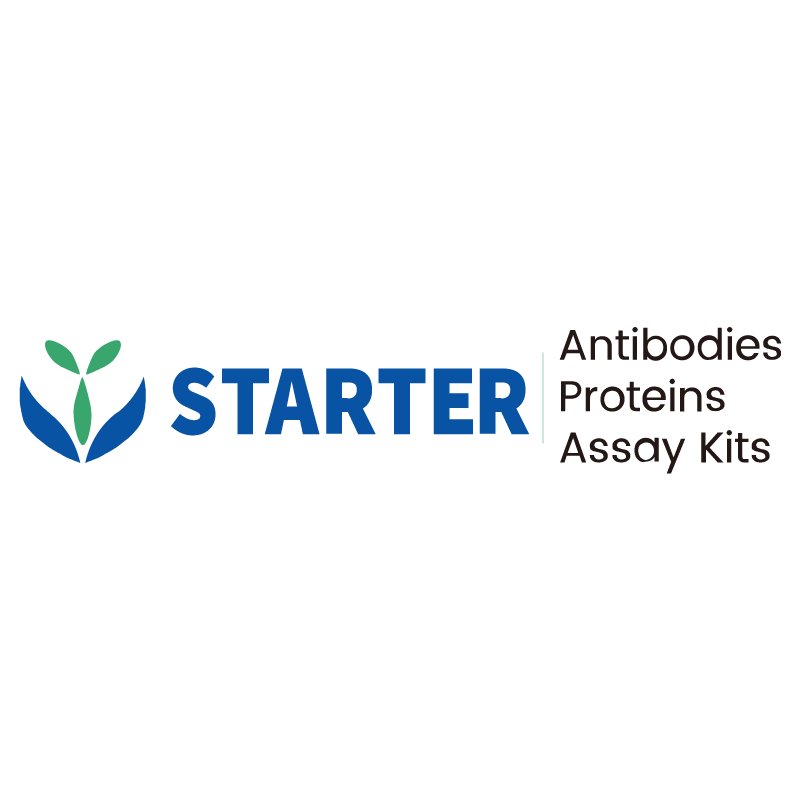Flow cytometric analysis of SD Rat splenocytes labelling Rat CD49B antibody at 1/200 (1 μg) dilution (Right) compared with a Armenian hamster monoclonal IgG isotype control (Left). Followed by Anti-Armenian Hamster IgG (H+L) biotin and Sav-PE. Then cells were stained with NK-1.1 - APC separately. Total viable cells, as determined by Fixable Viability Dye 452 (S0D0021), were used for analysis.
Product Details
Product Details
Product Specification
| Host | Armenian hamster |
| Antigen | CD49b |
| Synonyms | Integrin alpha-2; CD49 antigen-like family member B; Collagen receptor; Platelet membrane glycoprotein Ia (GPIa); VLA-2 subunit alpha; Itga2 |
| Location | Membrane |
| Clone Number | S-R688 |
| Antibody Type | Recombinant mAb |
| Isotype | IgG |
| Application | FCM |
| Reactivity | Rt |
| Positive Sample | SD Rat splenocytes |
| Purification | Protein G |
| Concentration | 2 mg/ml |
| Conjugation | Unconjugated |
| Physical Appearance | Liquid |
| Storage Buffer | PBS pH7.4 |
| Stability & Storage | 12 months from date of receipt / reconstitution, 2 to 8 °C as supplied |
Dilution
| application | dilution | species |
| FCM | 1:200 | Rt |
Background
CD49b, also known as integrin alpha-2, is a protein encoded by the CD49b gene in humans. It is a subunit of the integrin receptor family, specifically forming the VLA-2 receptor when paired with the beta-1 subunit. This receptor is primarily involved in mediating cell adhesion to collagen and laminin, playing a crucial role in various biological processes such as platelet aggregation, cell migration, and tissue repair. CD49b is expressed on various cell types, including natural killer cells and a subset of T cells, and has been implicated in immune responses and cancer progression. In cancer research, CD49b has been identified as a potential therapeutic target due to its role in promoting cell proliferation and invasion in certain malignancies.
Picture
Picture
FC


